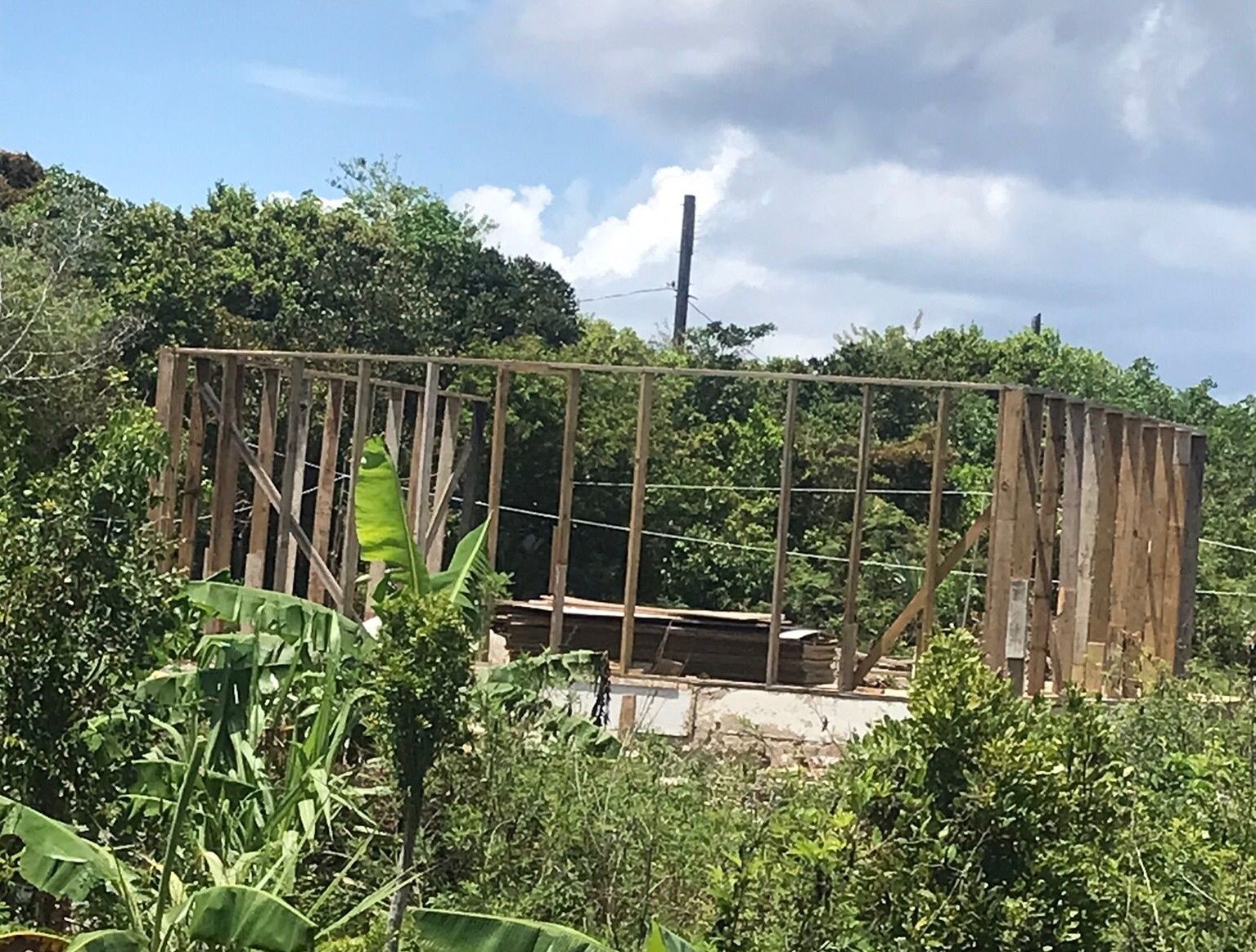SPANISH WELLS, ELEUTHERA — North Eleuthera Haitian pastors shared their thoughts on the Spanish Wells Commonage Committee one-year ban that was written to stop any further building or extensions on existing structures in the Blackwoods community.
Emile Forgune is a pastor who has been living in Blackwoods for 20 years he said that contrary to what Commonage Chairman, Ivanhoe Sweeting stated, there are much more people who live on the land working for people in Spanish Wells.
“Some things, I don’t put myself in that. Yea I know some people live there but more people who live in Blackwood, they work in Spanish Wells.
“I think 60 to 70 percent of people who live in Blackwood they work in Spanish Wells.”
He adds that, from what he’s witnessed, there are a lot more people from the Haitian community in Spanish Wells, moving into the Blackwoods area at the northern tip of the Eleuthera mainland, which has caused the numbers to grow.
“Some people have their brother, their family so I cannot question them or someone you see for one or two weeks and then you don’t see that person no more.
“[…] So most people who live in Spanish Wells, Spanish Wells Haitian they move from Spanish Wells, they come live in Blackwood that’s why we have more people in Blackwood right now because I don’t know what’s going on in Spanish Wells, they come live in Blackwood.”
Commonage Committee officials have said that the Blackwoods land, near the James Bay dock in north Eleuthera, is a generational property that was once a gift from the British crown to its loyal subjects who fought on their side in a victorious war.
They said the land has been used as farmland, of which, in recent years many foreigners have been employed on work permits to take care of the crops for the people from Spanish Wells who own the land.
However, Sweeting argues that a lot of illegal building has taken place.
Sweeting told Eyewitness News in a previous interview that the Committee found that the majority of people living on the Commonage land in Blackwood are working in other areas, and as the comanage law states, they are not allowed to occupy the land without permission from the owners.
“[…] At least 80 percent of the people that are out there do not work for anybody that has any legitimate claim on the commonage land.”
Another Haitian pastor, Jean Baptiste, operating a church in Spanish Wells told Eyewitness News that he too believes the vast majority of persons living in Blackwoods, work for people in Spanish Wells.
“There are a lot of people in Blackwood also, they are Bahamians, and they have a house there too and most of them are working for Spanish Wells people.
“You can say some of them who are not working there, they don’t have a place there, sometimes they live with some other people like if you have a friend who has a house. […] I know some of the houses have (building) plans but some don’t.”
He adds that in his estimations, about 95 percent of the people living in Blackwoods are employed on the island of Spanish Wells.
“If you was coming in Blackwoods dock in the morning to see how many people go there to work, why don’t they go some other places, that’s the only way that you could judge it.”
It is presumed that hundreds of people currently reside in the shantytowns in Blackwoods, however, none of the men could give an estimate of how many people seem to be occupying space.






